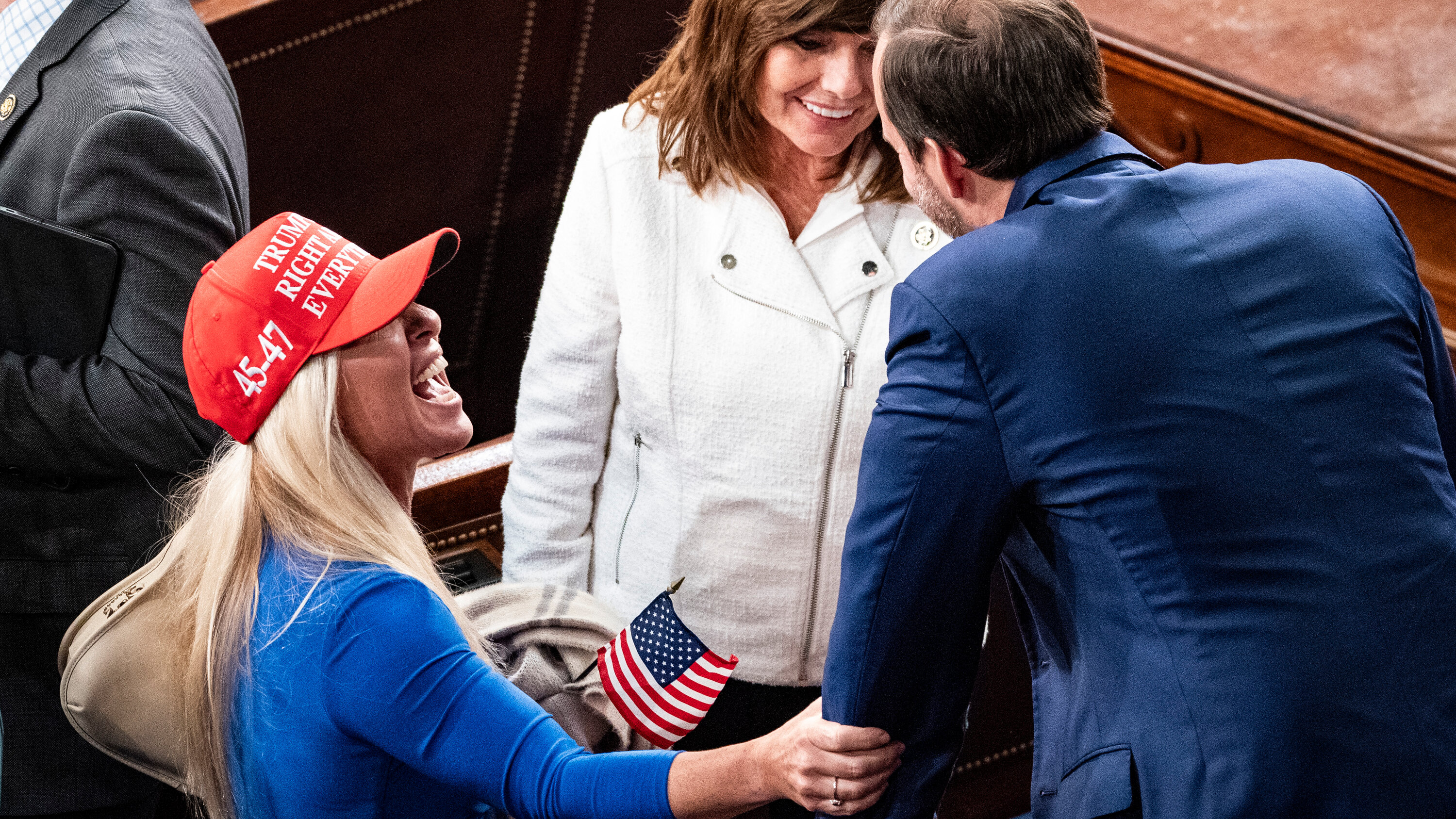Political Firewall Crumbles: Trump Team Reshapes Civil Service Neutrality

In a controversial move, the current administration has significantly reshaped the interpretation of the Hatch Act, dramatically expanding the boundaries of political expression for government officials. The new guidelines now permit federal employees to openly display campaign merchandise, such as the iconic MAGA hats, while on duty—a shift that marks a substantial departure from previous restrictions.
Moreover, the administration has effectively neutered an independent oversight board's authority to investigate and enforce potential violations of political conduct standards. This sweeping reinterpretation not only relaxes longstanding ethical guidelines but also raises critical questions about the separation of political campaigning and official government work.
The changes signal a potentially transformative approach to workplace political expression within federal agencies, challenging traditional norms of governmental neutrality and professional conduct. Critics argue that these modifications could blur the lines between official duties and political advocacy, while supporters view them as an expansion of free speech rights for government employees.
